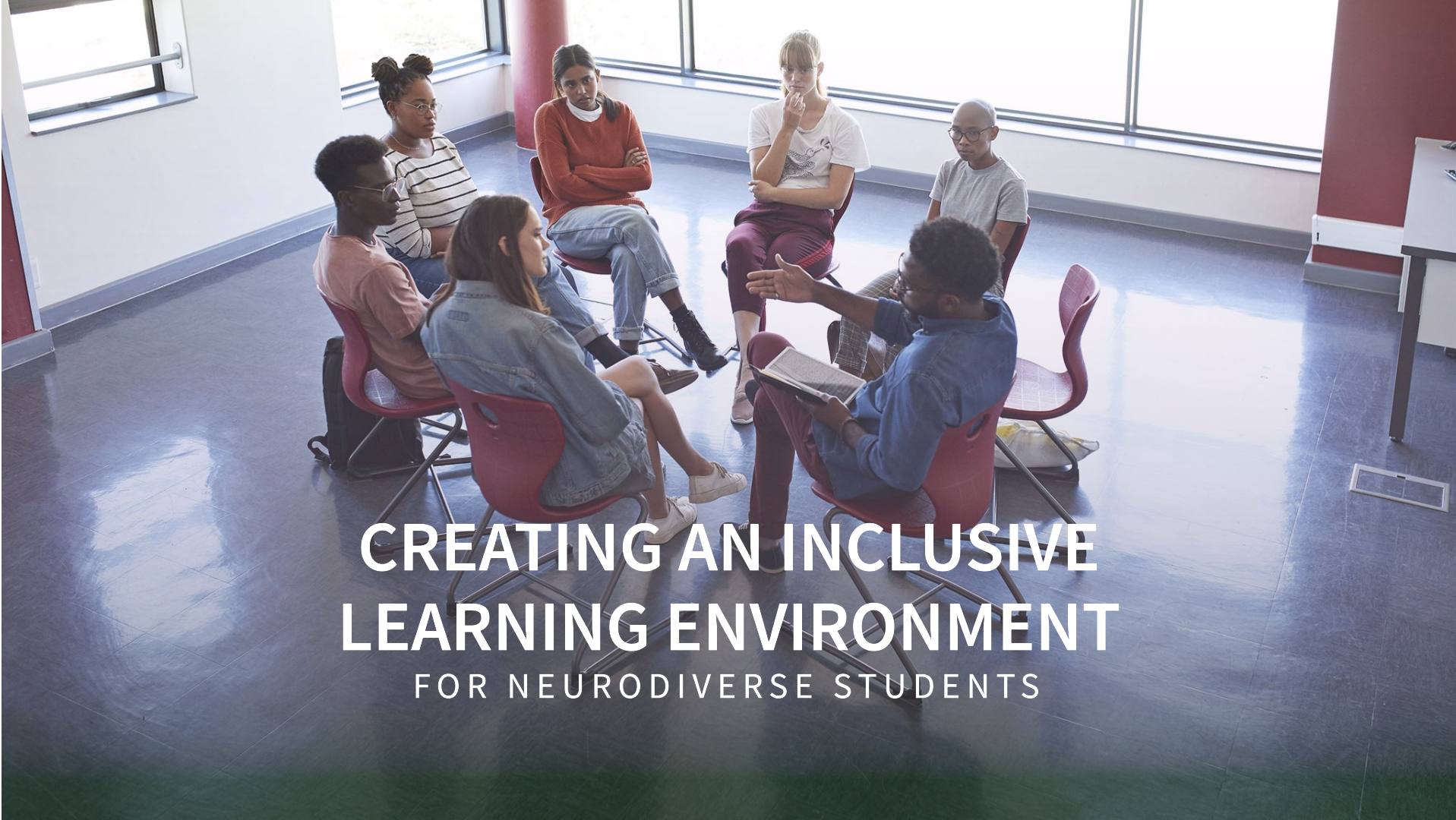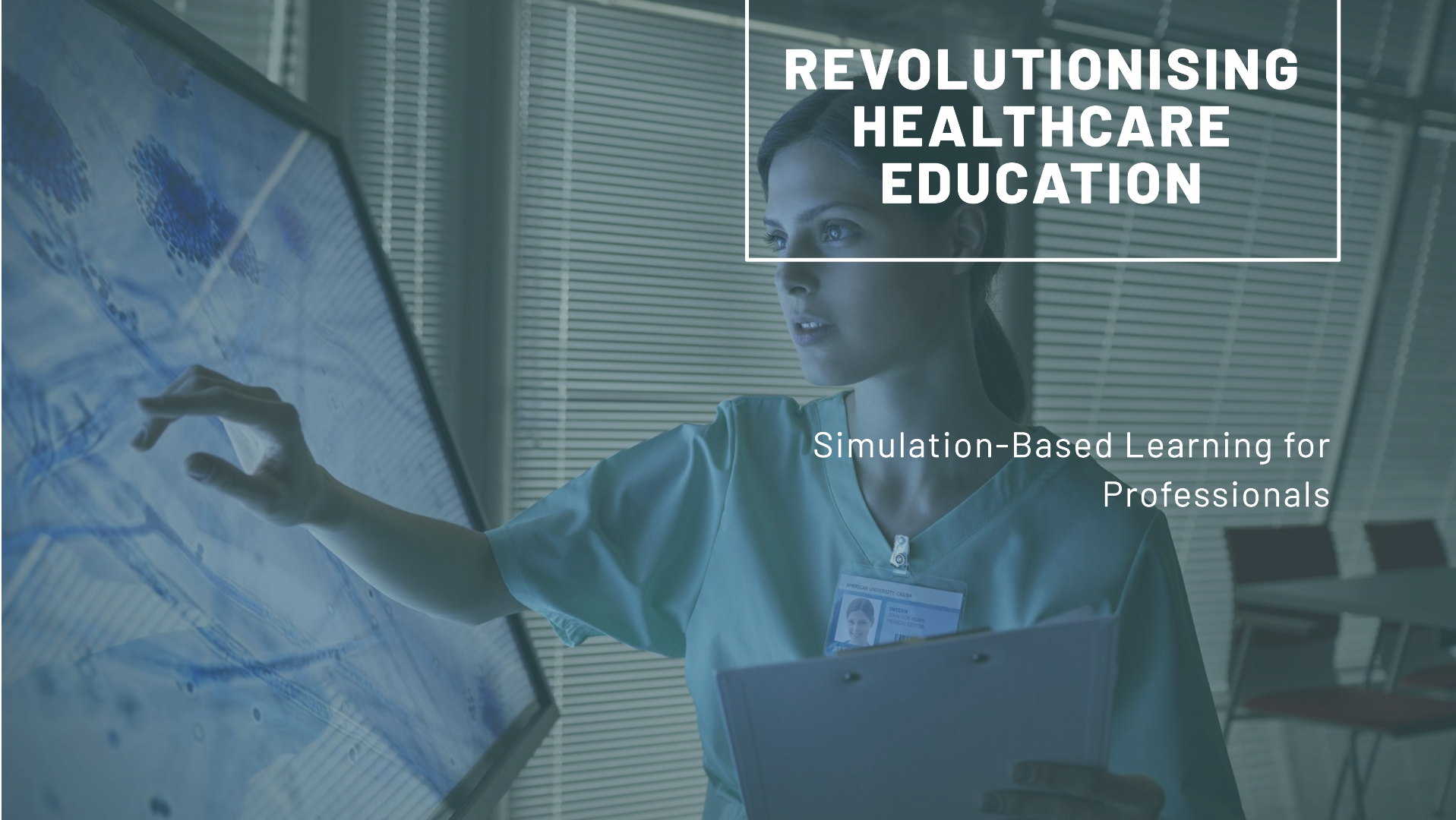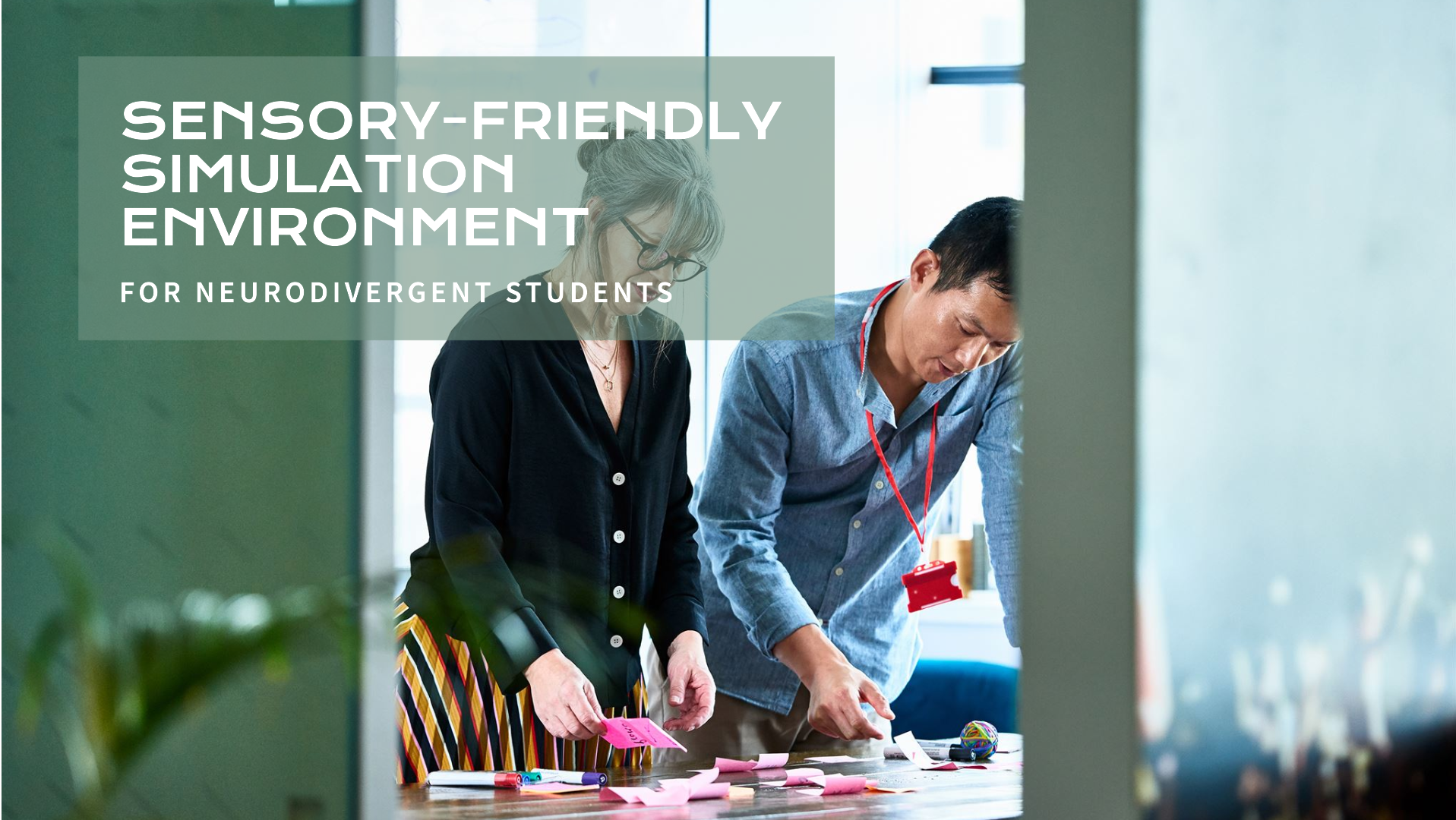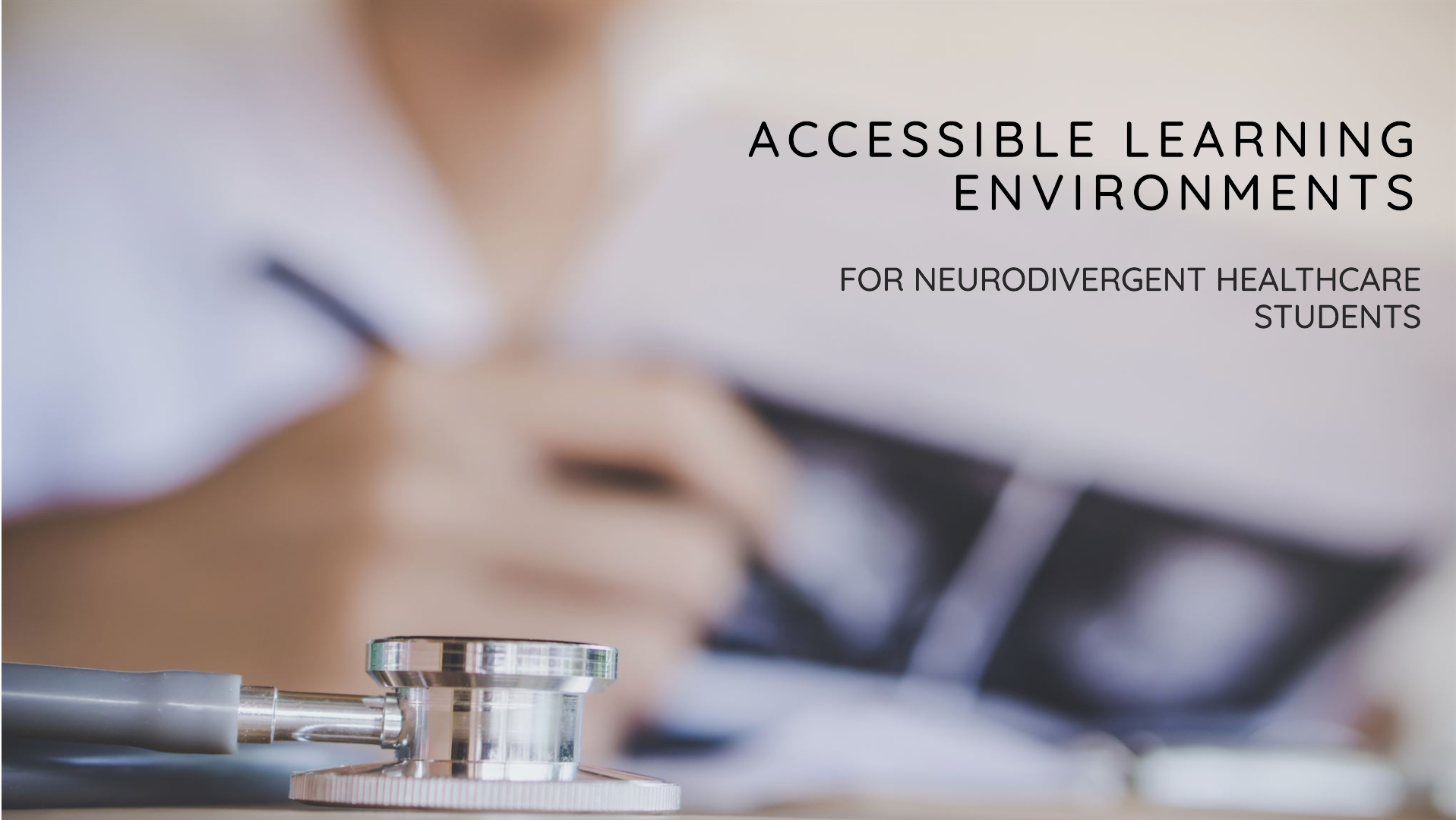Author: smcnab1
-

How to Foster an Inclusive Learning Environment for Neurodiverse Students
Higher education is a gateway to opportunity and growth, but for neurodiverse students—those with Autism, ADHD, Dyslexia, and other neurological variations—traditional learning environments can pose significant challenges. These students bring unique perspectives and strengths to the classroom, but they may also require adjustments to thrive academically and socially. Creating an inclusive learning environment isn’t just…
-

Navigating the Winter Break with a Neurospicy Brain: Embracing Joy Amidst the Struggles
For many, the winter holiday season is a time of joy, celebration, and connection. But for those of us with ADHD and other "neurospicy" traits—our unique and diverse ways of experiencing the world—it can also be a season of disruption, stress, and sensory overload. The departure from routine, the heightened social expectations, and the sensory…
-

Future Trends in Simulation-Based Learning for Healthcare Professionals
Simulation-based learning has become a cornerstone of healthcare education, offering professionals a safe environment to practice skills, refine decision-making, and improve patient outcomes. As technology advances, the future of simulation-based learning promises even greater innovation, transforming how healthcare professionals are trained and continuously upskilled. This article explores emerging trends such as AI-driven simulations, immersive reality,…
-

Creating a Sensory-Friendly Simulation Environment for Neurodivergent Students
Healthcare education increasingly embraces diversity, recognising the unique strengths and challenges neurodivergent students bring to the field. For students with Autism, ADHD, or other neurodivergent traits, simulation-based learning can be an excellent tool for practical training. However, traditional simulation environments, often filled with loud noises, bright lights, and high-pressure scenarios, can create sensory barriers that…
-

Real-World Impact: How Paramedic Students Benefit from Simulation Training
Paramedics operate on the frontline of healthcare, often in unpredictable, high-pressure environments where split-second decisions can save lives. Preparing students for these challenges requires more than textbooks and lectures—it demands immersive, hands-on learning experiences. Simulation training has become an essential tool in paramedic education, bridging the gap between theory and practice. This article explores how…
-

Creating Accessible Learning Environments in Healthcare Education for Neurodivergent Students
Healthcare education thrives on diversity, and neurodivergent students—those with Autism, ADHD, Dyslexia, and other neurological differences—bring unique perspectives and strengths to the field. However, traditional educational approaches can inadvertently create barriers that make it difficult for these students to thrive. On this International Day of Persons with Disabilities, let’s explore how healthcare education, particularly simulation-based…
-

Overcoming Barriers to Implementing Simulation-Based Learning in Healthcare Education
Simulation-based learning has revolutionised healthcare education, offering a safe and controlled environment for students to develop clinical skills, improve decision-making, and gain hands-on experience. Despite its benefits, many institutions face significant barriers when trying to implement simulation-based learning. Issues such as high costs, accessibility challenges, and the need for specialised staff training can hinder adoption.…
-

ADHD in Healthcare Education: Turning Challenges into Strengths
Healthcare education is intense, demanding unwavering focus, attention to detail, and the ability to handle high-stress situations. For students with ADHD, these requirements can pose unique challenges, from staying organised to managing time and reducing distractions. Yet, students with ADHD also bring valuable strengths, such as creativity, adaptability, and quick thinking—qualities that, when harnessed effectively,…
-

Supporting Men with ADHD in Healthcare Education: Promoting Success, Mental Health, and Resilience
Healthcare education is demanding for all students, but for those with ADHD, the challenges can be particularly significant. Men with ADHD often face unique pressures in healthcare training, where focus, organisation, and consistent decision-making are essential skills. On this International Men’s Day, let’s discuss strategies to support male healthcare students with ADHD, promoting their mental…
-

The Role of Simulation in Clinical Decision-Making for Paramedics: Enhancing Real-Time Problem-Solving Through Experiential Learning
In paramedicine, clinical decision-making skills can mean the difference between life and death. Paramedics are often the first to respond in critical situations, requiring them to quickly assess, prioritise, and manage patients in unpredictable and high-pressure environments. Simulation-based learning is emerging as a powerful tool in honing these essential skills, allowing paramedic students to develop…